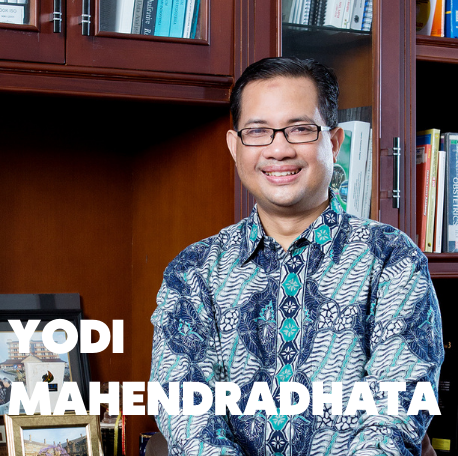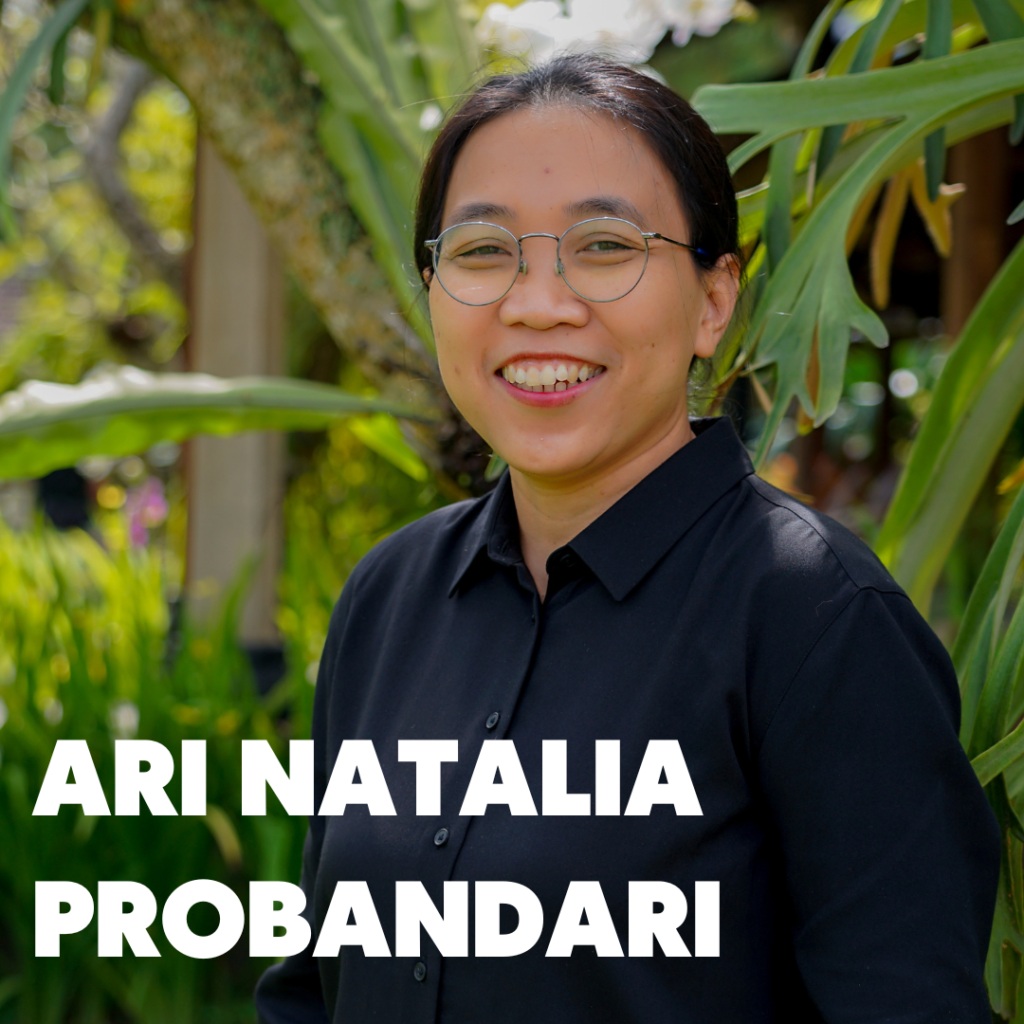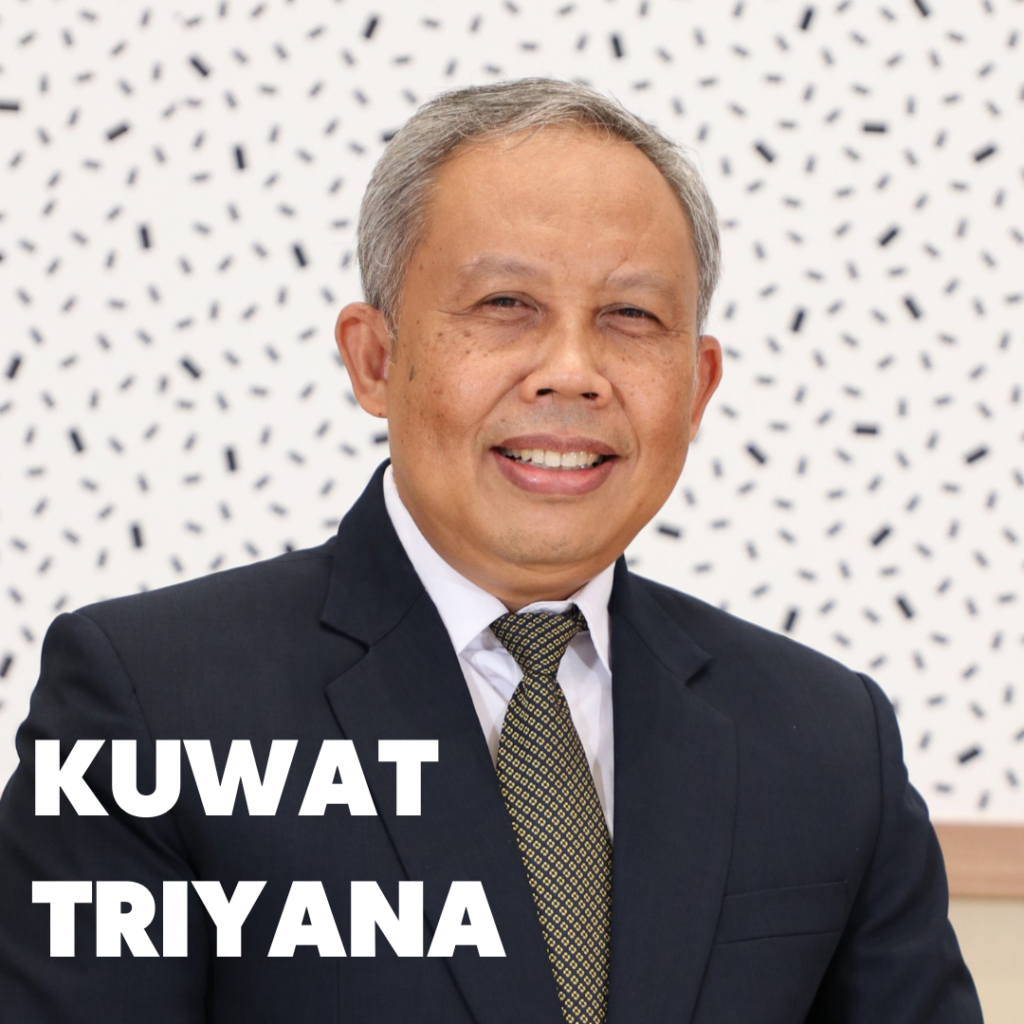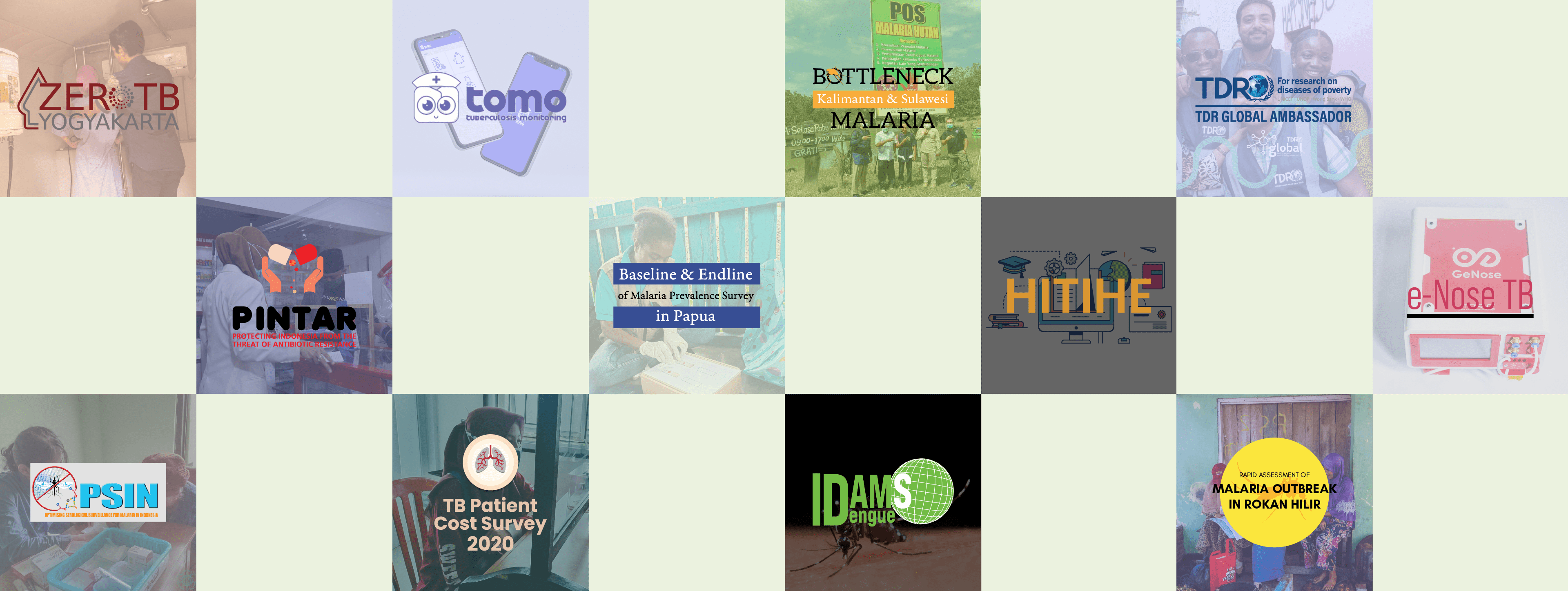Project Description
e-nose TB: Innovation of electronic-nose for tuberculosis screening in Indonesia
Tuberculosis (TB) is one of the most serious global health issues, particularly in Indonesia. The most pressing issue in this developing country is the huge disparity between identified cases and actual cases circulating in many Indonesian locations. TB cases are frequently misdiagnosed not only by symptoms for pulmonary TB, but also by a chest x-ray, which has 70% and 87% sensitivity, respectively. However, identifying tuberculosis using both methods above are difficult in this country’s remote areas.
Breath testing with an electronic nose (e-nose) device has the potential to be a useful TB diagnostic tool. This is an invasive test that is ideal for people who have difficulty expelling sputum. Furthermore, this diagnostic tool is simple to use, portable, and requires only a small amount of electricity. Because of its low production cost, this e-nose can be used primarily in remote areas of Indonesia.
Funding


Collaborator
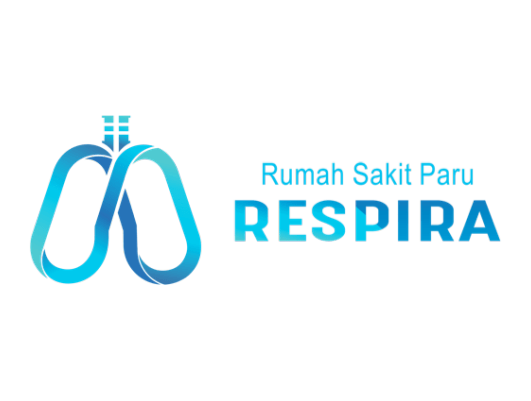

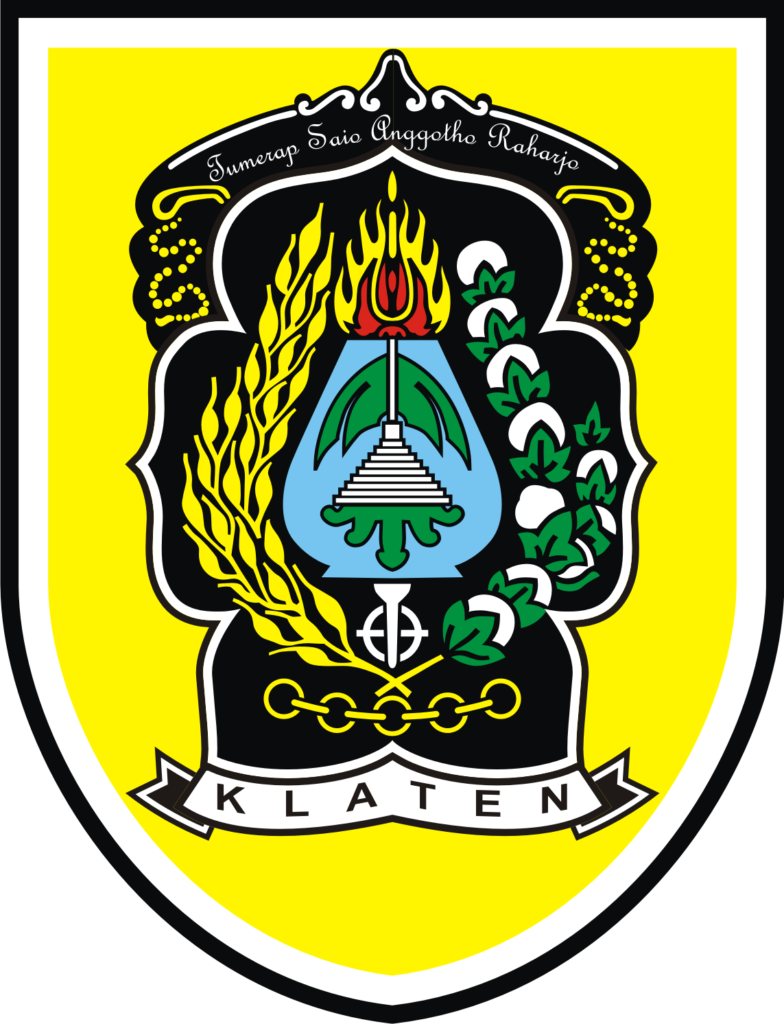
Duration
2018 – present
Principal Investigator
Yodi Mahendradhata
The e-nose was developed by the UGM Center for Tropical Medicine in order to gain the ability to diagnose tuberculosis. This study is divided into three stages: the tool training phase, the tool validation phase, and the screening phase. The purpose of this study, which is being conducted in collaboration with several health institutions, is to investigate the sensitivity and specificity of breath testing using e-nose to screen for tuberculosis. As well as the time and cost of using an e-nose screening algorithm to detect a single TB case.
The training phase was carried out using a case-control method at Rumah Sakit Paru Respira Bantul, and the e-nose had 95% sensitivity and 82% specificity in detecting those with tuberculosis. Surakarta Respiratory Hospital is currently in the process of validating the tool. It will continue to conduct screenings in Yogyakarta City and Kulon Progo Regency because these areas have a high prevalence of tuberculosis and are in remote areas with limited access to health care. We hope that e-nose will prove to be a promising technique for detecting tuberculosis and a dependable solution for closing the gap between detected and real TB cases, particularly in remote areas of Indonesia.
Publications
Saktiawati, A. M. I., Triyana, K., Wahyuningtias, S. D., Dwihardiani, B., Julian, T., Hidayat, S. N., Ahmad, R. A., Probandari, A., & Mahendradhata, Y. (2021). eNose-TB: A trial study protocol of electronic nose for tuberculosis screening in Indonesia. PLOS ONE, 16(4), e0249689. https://doi.org/10.1371/journal.pone.0249689
Saktiawati, A. M., Putera, D. D., Setyawan, A., Mahendradhata, Y., & van der Werf, T. S. (2019). Diagnosis of tuberculosis through breath test: A systematic review. EBioMedicine, 46, 202–214. https://doi.org/10.1016/j.ebiom.2019.07.056
Saktiawati, A. M. I., Stienstra, Y., Subronto, Y. W., Rintiswati, N., Sumardi, Gerritsen, J. W., Oord, H., Akkerman, O. W., & van der Werf, T. S. (2019). Sensitivity and specificity of an electronic nose in diagnosing pulmonary tuberculosis among patients with suspected tuberculosis. PLOS ONE, 14(6), e0217963. https://doi.org/10.1371/journal.pone.0217963
The Project Team
